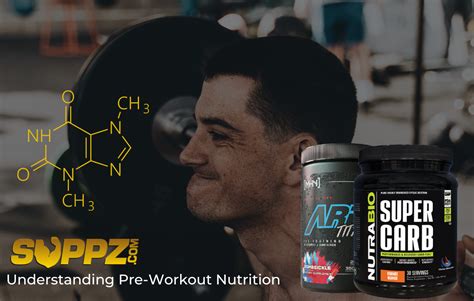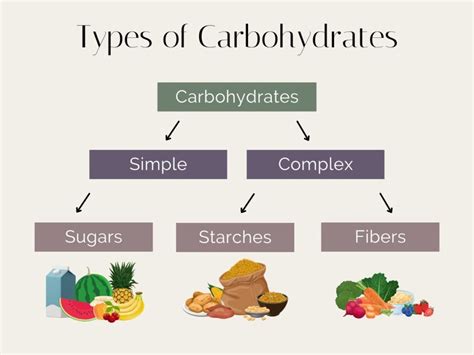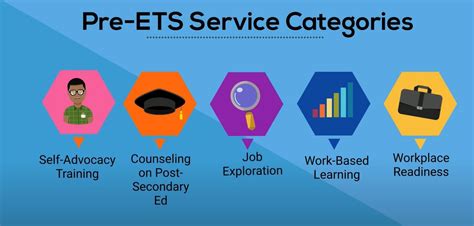Optimal pre-workout nutrition for peak performance & sustained energy?

Fueling Your Body for Peak Performance
Understanding what you eat before a workout is as crucial as the workout itself. The right pre-workout nutrition can mean the difference between a sluggish session and one filled with sustained energy, improved focus, and peak physical output. It’s not just about eating; it’s about strategically fueling your body with the right macronutrients at the optimal time to maximize your performance and support recovery.
The Cornerstone: Carbohydrates
Carbohydrates are your body’s primary and most efficient energy source, especially for high-intensity exercises. They are stored as glycogen in your muscles and liver, ready to be converted into glucose for immediate energy. Without adequate carbs, your body will deplete its glycogen stores quickly, leading to fatigue and diminished performance.
- Complex Carbohydrates (2-3 hours pre-workout): Opt for foods like whole grains (oats, brown rice, whole-wheat bread), sweet potatoes, and quinoa. These digest slowly, providing a steady release of energy over a longer period, preventing energy crashes.
- Simple Carbohydrates (30-60 minutes pre-workout): If your workout is imminent, a small amount of easily digestible simple carbs can give a quick energy boost. Examples include bananas, a slice of white bread, or a sports drink.

The Building Blocks: Protein
While carbohydrates provide the primary fuel, protein plays a vital role in preventing muscle breakdown during intense exercise and kickstarting the recovery process. Consuming protein before a workout ensures a positive protein balance, safeguarding your muscle tissue. It doesn’t need to be a large amount, but enough to provide amino acids.
- Sources: Lean protein like chicken breast, turkey, Greek yogurt, eggs, or a scoop of whey protein powder are excellent choices.
- Timing: Consume protein along with your carbohydrates, ideally 1-3 hours before your workout.

The Supporting Role: Healthy Fats
Fats are an essential macronutrient, but they are not the primary fuel source for most types of pre-workout energy, especially for intense, shorter duration activities. They digest slowly and can slow down the absorption of other nutrients. However, for very long-duration, lower-intensity activities, a small amount of healthy fats can provide a sustained energy source once carbohydrate stores are depleted. For general pre-workout meals, it’s best to keep fat intake minimal to avoid digestive discomfort.
- Sources (if included): Avocado, nuts, seeds, or a small amount of healthy oils.
- Timing: If consuming, include them 2-3 hours before exercise.
Timing is Everything: When to Eat
The timing of your pre-workout meal is just as critical as its content. Eating too close to your workout can lead to digestive issues, while eating too far in advance can leave you feeling depleted. The general guidelines are:
- 2-3 Hours Before: A balanced meal containing complex carbohydrates, lean protein, and a small amount of healthy fats. This allows for adequate digestion and nutrient absorption.
- 30-60 Minutes Before: A smaller, easily digestible snack, primarily consisting of simple carbohydrates and possibly a small amount of protein. Focus on foods that won’t sit heavy in your stomach.

Hydration: The Unsung Hero
Don’t overlook the importance of proper hydration. Even mild dehydration can significantly impair performance, causing fatigue, reduced strength, and impaired cognitive function. Start hydrating well before your workout, and continue sipping water throughout your session.
- Before Workout: Aim for 16-20 ounces (approx. 500-600 ml) of water 2-3 hours before, and another 8-10 ounces (approx. 240-300 ml) 20-30 minutes prior.
- During Workout: Sip 7-10 ounces (approx. 200-300 ml) every 10-20 minutes, especially for longer or more intense sessions.
Sample Optimal Pre-Workout Meals & Snacks
Here are some practical ideas to help you implement these guidelines:
- 2-3 Hours Before:
- Oatmeal with berries and a scoop of protein powder.
- Grilled chicken or fish with sweet potato and steamed vegetables.
- Whole-wheat toast with scrambled eggs and a slice of avocado.
- 30-60 Minutes Before:
- Banana or an apple.
- Small handful of dried fruit.
- Rice cakes with a thin spread of almond butter.
- A small sports drink (for intense, long workouts).

What to Avoid Before a Workout
Just as important as what to eat is what to avoid:
- High-Fat Foods: Can cause digestive upset and slow down nutrient absorption.
- High-Fiber Foods (in large amounts): While healthy, too much fiber right before a workout can lead to bloating or discomfort.
- Excessive Sugary Drinks/Foods: Can lead to a sugar crash mid-workout. Stick to natural sugars from fruits if needing a quick boost.
- Foods You’re Not Used To: Stick to familiar foods that you know your body tolerates well.
Listen to Your Body: Personalization is Key
While these are general guidelines, every individual is different. Factors like your metabolism, workout intensity, duration, and personal sensitivities will influence what works best for you. Experiment with different foods and timings to find your personal optimal pre-workout nutrition strategy. Pay attention to how you feel, your energy levels, and your performance during and after your workouts.
Conclusion
Optimal pre-workout nutrition is a fundamental pillar of peak athletic performance and sustained energy. By strategically combining complex and simple carbohydrates, lean protein, and adequate hydration, you can ensure your body is perfectly primed for any challenge. Remember to time your meals appropriately, avoid potential digestive disruptors, and most importantly, listen to your body’s unique signals. Fuel smart, train hard, and unlock your full potential!








